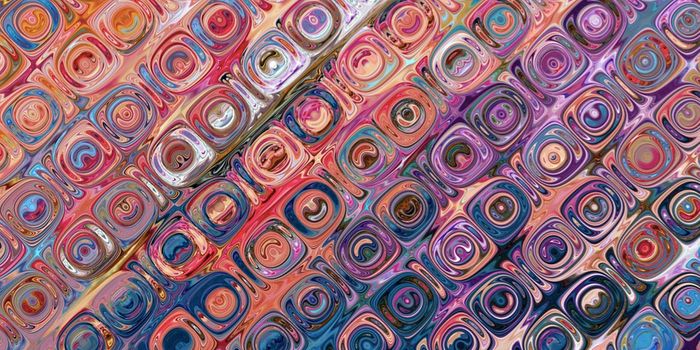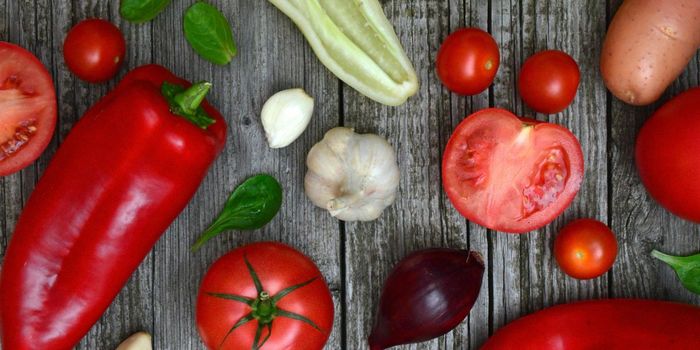Stroking Cuddly Seal Robot Boosts Happiness, Reduces Pain
Stroking a cuddly seal robot boosts happiness and reduces pain in young adults, according to a new study by researchers at Ben-Gurion University in Israel.
While human-to-human contact is known to increase mood and reduce pain, researchers wanted to know whether interacting with a furry social robot could have a similar effect.
For the study, researchers assessed the effect of touching cuddly seal robot, PARO, on pain perception, mood, and salivary oxytocin levels in 83 young adults. While 63 of the participants were exposed to PARO, 20 in the control group were not. Those in the PARO group were assessed for pain in three conditions: at baseline, being in the presence of PARO (but no touching), and touching PARO. People in the control group were assessed on the same metrics, but without the robot.
All in all, the researchers found that participants exposed to PARO experienced decreases in pain and increases in happiness compared to baseline. Moreover, they found that those able to touch PARO experienced larger decreases in pain than those simply experiencing the robot’s presence. In fact, they found that the more participants interacted with and touched PARO, the less pain they experienced.
The researchers also found, however, that those who interacted with PARO had lower levels of salivary oxytocin than those who did not meet the robot. Due to oxytocin’s reputation as the ‘love hormone’, usually increasing when we spend time with people we love, the researchers found this surprising. However, it may make sense considering more recent studies, showing that, outside of close relationships, oxytocin production indicates stress. Thus, reduced oxytocin levels could indicate relaxation.
“These findings offer new strategies for pain management and for improving well-being, which are particularly needed at this time when social distancing is a crucial factor in public health,” says Dr. Levy-Tzedek, one of the study’s authors.
Sources: Nature, Neuroscience News









